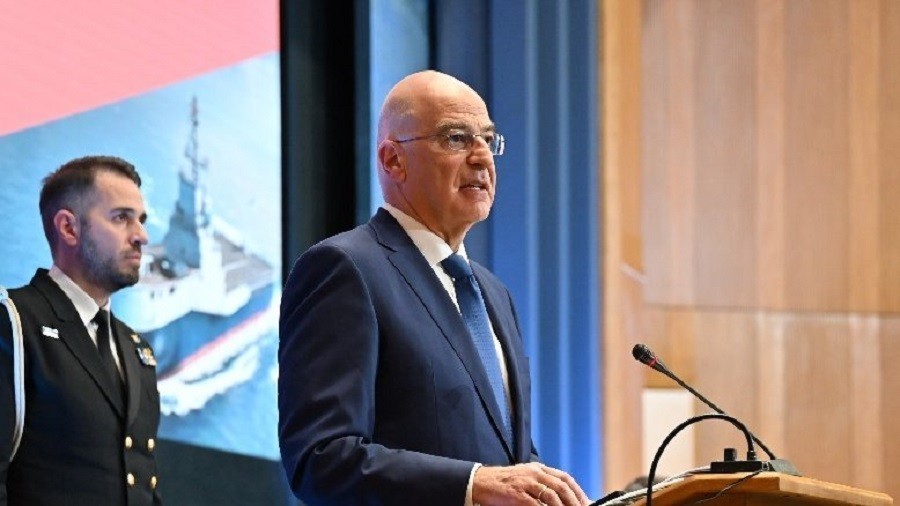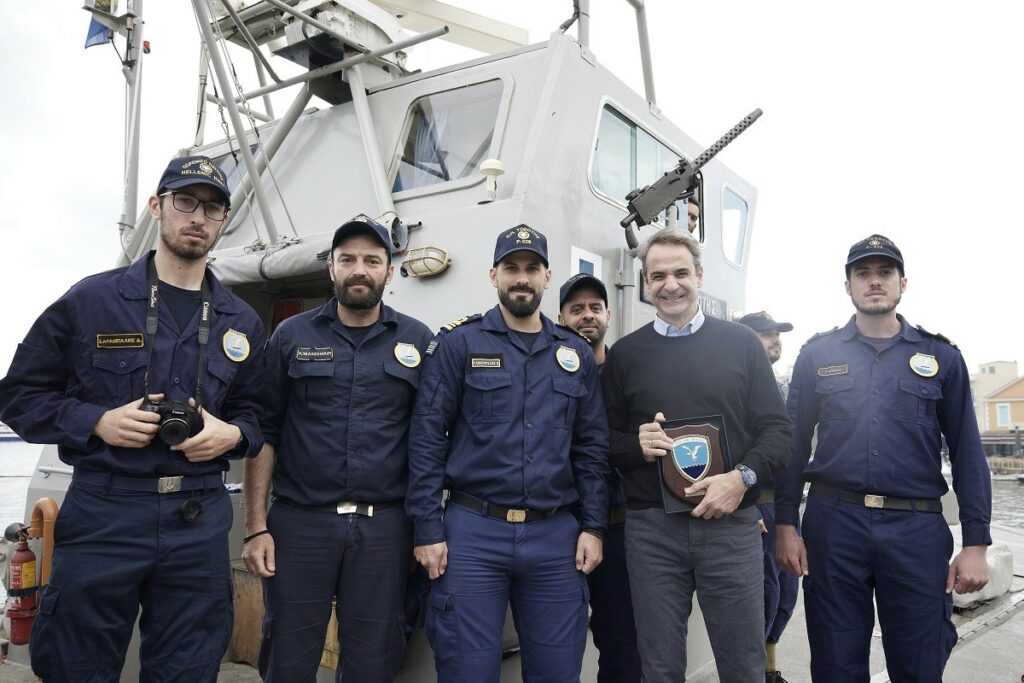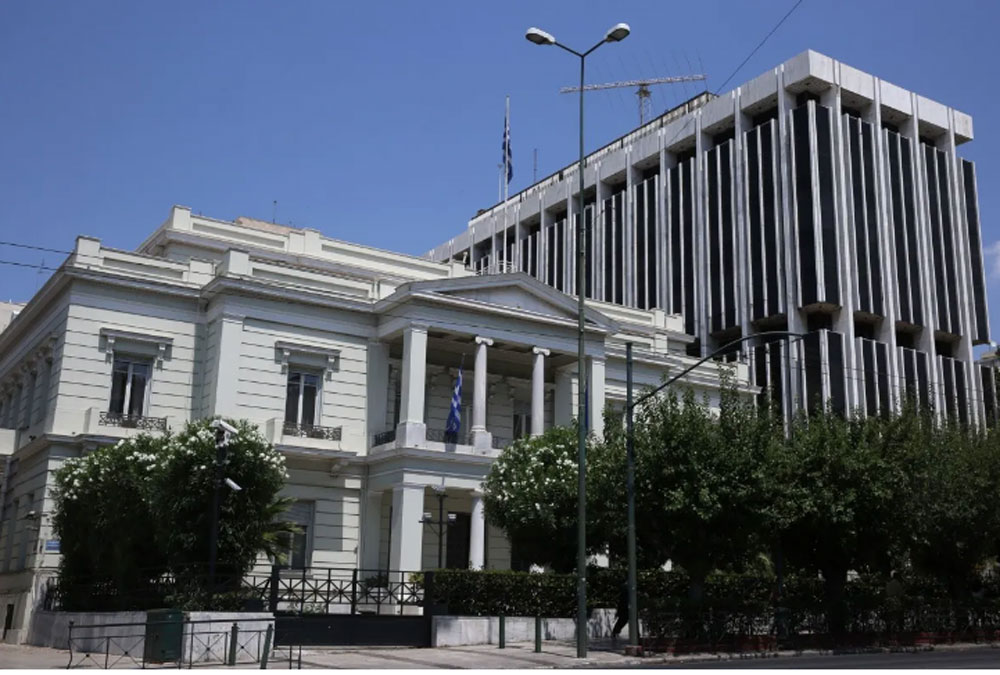
By Nikolas Katsimpras
For a long time, since he was a Foreign Minister, Mr. Ahmed Davutoğlou was proud to spread the message of the ‘Zero Problems with Neighbors’ policy of Turkey. It is quite ironic how within a couple of years, Prime Minister Davutoğlou finds himself closer to a Zero Friends reality, instead.
The recent deterioration of Turkey’s relations with traditional allies came as a result of the overt expansion of its aggressiveness. There are far too many examples for the West to still claim ignorance: from the manipulation of allied priorities in the fight against DAESH to attack the Kurds – the only forces on the ground consistently fighting DAESH – to the mercurial shooting down of the Russian fighter jet and the recent invasion of Northern Iraq. Time and again, Turkey has proven to be a spoiler inducing instability for its own benefit. This trend is part of President Recep Tayyip Erdoğan’s grand strategy to solidify his power by exporting Turkey’s internal problems, creating instability and inducing a sense of fear and uncertainty to the populace.
The US has been considering Turkey an essential partner for stability in the region and a necessary gateway to the sensitivities of the Middle East. The potential for that would be, in theory, very beneficial for the region, only if Turkey did not persist to promote instability for its own agenda. What more does it take to finally admit that US policies have been based on superimposed expectations, rather than reality? Mr. Erdoğan simply manipulates those hopes, framing them according to his personal interest, with disproportionate benefit to the US. This has caused the US to lose face with regional partners, both for allowing Turkey to manipulate US interests and for making inexcusable compromises to fundamental values. These values are the pillars supporting America’s authority. The relationship with the Erdoğan regime has finally casted a shadow on the universal commitment of the US to those values.
Reality is being warped by Erdoğan and this is the first time that the US is on the receiving end. However, this tactic comes as no surprise to those who have been keeping track of the fluctuations of Turkey’s aggression in the Aegean Sea. Greece has been calling out this behavior for decades, to no avail. For more than forty years, Turkey has been responsible for invading and occupying part of a sovereign state and daily challenging the sovereignty of another.
The status in the Aegean was unchallenged for more than half a century, since any territorial claims were settled by international treaties in the 20’s and 40’s. However, after the invasion of Cyprus and throughout the 80’s, Turkey maintained a constant level of tension in the Eastern Aegean, which eventually cultivated the environment for what came to follow. In the mid 90’s, Turkey was able to take advantage of random incidents, further instigate crises and create a series of new, completely unsubstantiated territorial claims – or Gray Zones- in the Eastern Aegean. This was Turkey’s “Gray Zones” policy that came to fruition in the 90s, after years of meticulous preparation.
The Gray Zones policy, unlike its Zero Problems policy, has been highly successful. With its persistent arbitrary claims, Turkey was able to establish the Aegean as a disputed area in the eyes of the West. Through a series of manufactured crises based on the manipulation, misinterpretation, plain negligence or selective perception of the international law, Turkey has created a fait accompli. Regardless of truth and the law, Aegean is now considered by many as a disputed region.
Turkey has been using a series of tactics for maintaining this persistent pressure and establishing a destabilized environment in the Aegean, such as: Airspace violations, territorial waters violations, challenges to Greece’s Search And Rescue (SAR) jurisdiction, harassment of vessels, airplanes and helicopters, manipulation of NAVTEX, NOTAMS as strategic tools and crises instigation. (For more details, please refer to HALC’s “Turkish Aggression Along the Arc of Thorns” briefing memo.)
All this aggression has been responsible for an immense cost both financially and, most importantly, in human lives. A whopping 70% of the airtime of the Hellenic Air Force is dedicated to preparing for and fighting Turkish transgressions inside the Greek airspace. The daily scrambles over the Aegean and their naval counterparts denote a protracted Cold War atmosphere. The Turkish Navy mirrors the provocative strategies of the Air Force, challenging Greek sovereignty on an everyday basis.
According to the Hellenic National Defense General Staff, 60,000 Turkish aircrafts violated Greece airspace from 2000 to 2015. If Greece had dedicated one aircraft to each one of those, with an average mission lasting an hour and a half, this means that the Hellenic Air Force would have spent 90,000 hours fending off Turkish provocations. The average cost per hour of flight, depending on which aircraft is scrambled (F-4, F-16 or Mirage 2000) is approximately $25000 for a Configuration C, with external fuel tanks and air to air missiles. This means that Greece would have spend over $2 billion only on operational costs. This excluding the price of the four fighter jets and one Hellenic Navy helicopter that were lost during those confrontations and above all the lives of the seven Greek officers. Once this figure is extrapolated over four decades, along with the instigated arms race that was imposed on Greece by the Turkish aggression, then the cost is astronomical.
The exact cost is really difficult to be calculated with precision. The only thing that is certain is that it is unacceptable, in 2015, for an EU member and NATO ally, to have to dedicate three quarters of its defense resources to deal with the aggressions of another NATO member. In a recent CNN interview, NATO SG Jens Stoltenberg tried to justify Turkish unwarranted air violations by using the volatility in Turkey’s southern flank as an excuse. What Mr. Stoltenberg failed to realize is that Turkey has been pushing Greece down a very slippery slope and it was only luck that prevented a major escalation in the past. Erdoğan is now more aggressive than ever, and if there is a conflict between two NATO members so close to the flaming MENA region, the consequences would be unfathomable. It is about time that the West stood up.
http://hellenicleaders.com/blog/greater-cost-turkish-aggression-aegean/#.VnX9c4-cGUk

